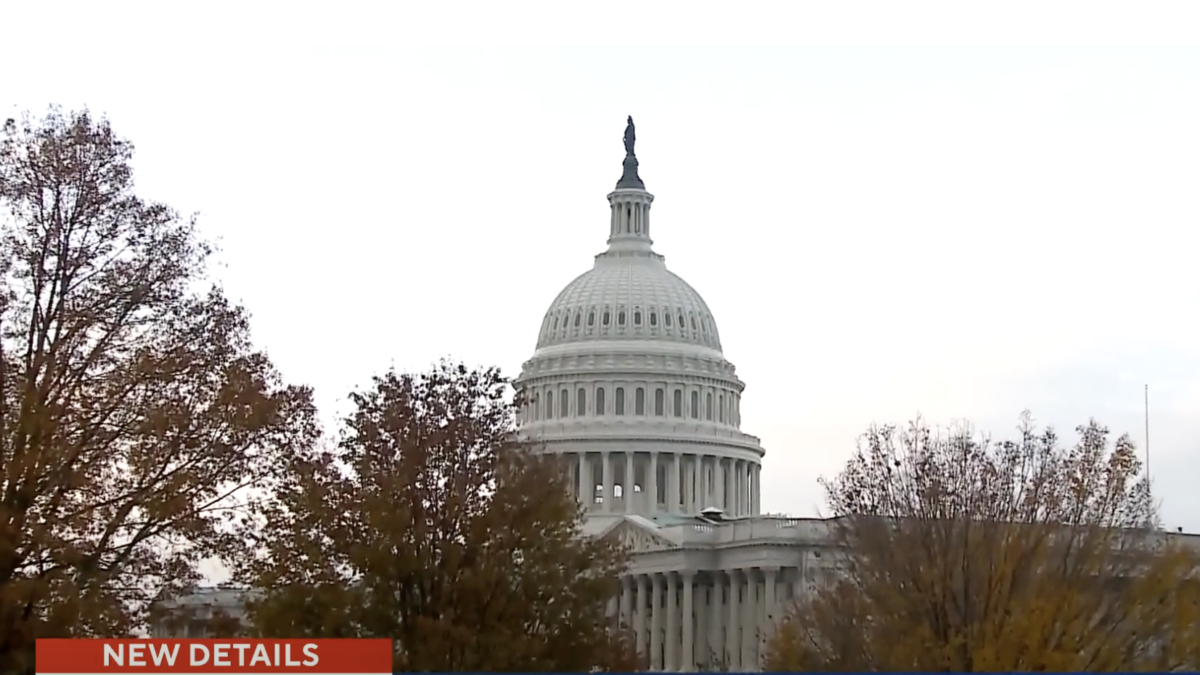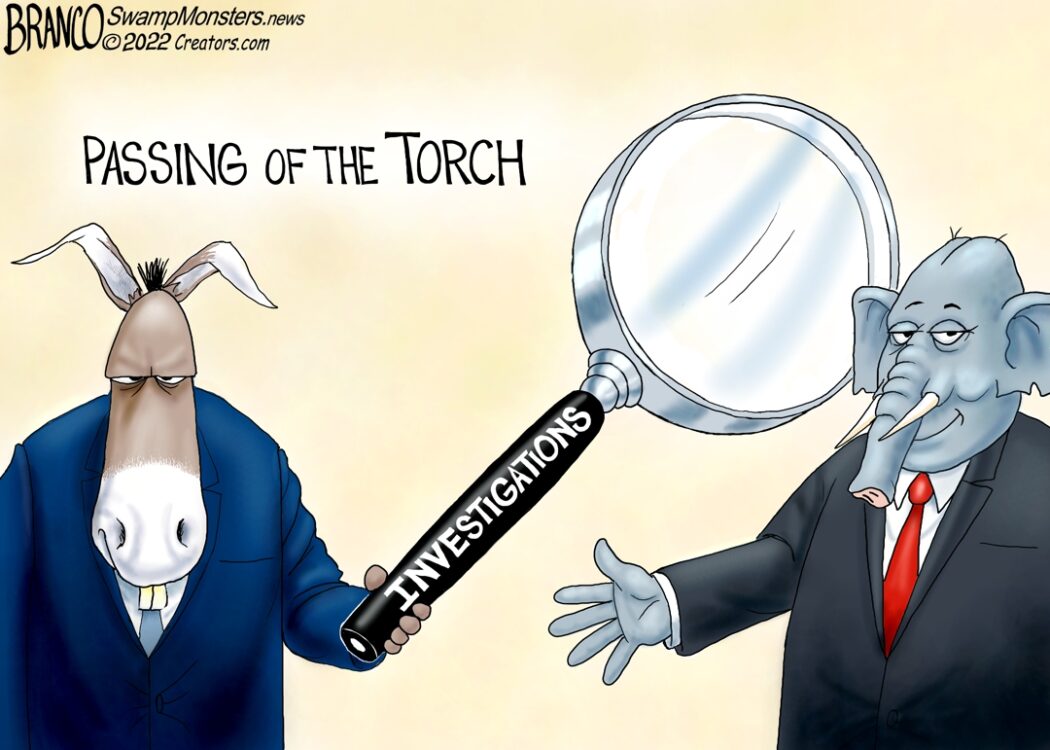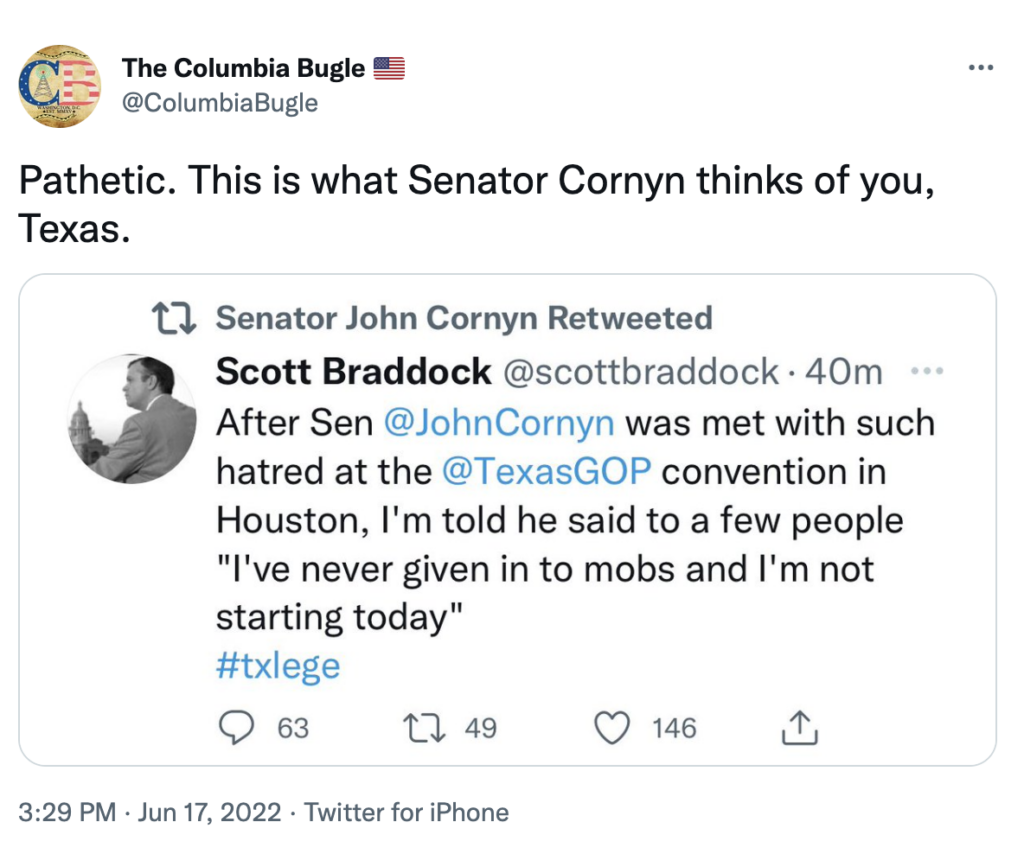The SAVE Act Could Hit Filibuster Wall In New Republican-Led Senate
By: M.D. Kittle | November 19, 2024
Read more at https://thefederalist.com/2024/11/19/the-save-act-could-hit-filibuster-wall-in-new-republican-led-senate/


M.D. Kittle
Having clinched the federal government trifecta, Republicans have the opportunity in the next Congress to move through legislation they could only have dreamed of over the past six years. Will they squander this golden opportunity to pass conservative reforms?
In particular, can the SAVE Act, a key election integrity measure, be saved from the Senate filibuster? Perhaps, but there’s disagreement even among members of Wisconsin’s GOP congressional delegation on the fate of the Safeguard American Voter Eligibility (SAVE) Act in the upcoming session. The bill requires individuals to show documentary proof of U.S. citizenship in federal elections, as it directs states to remove noncitizens from their voter rolls. The measure passed the Republican-controlled House in July along party lines, with a scant five Democrats voting for it. Dems insisted that the protections are unnecessary because it’s already illegal for foreign nationals to vote in elections. But current law is nothing more than an honor system without the ability to require proof of citizenship at the point of registration.
As The Federalist has reported, thousands of illegal immigrants and other foreign nationals have shown up on voter lists across the country.
The SAVE Act has languished in a Senate that had no interest in ensuring only U.S. citizens vote in elections. Attached to a stopgap government spending proposal in September, the bill died a miserable death in the House.
But Nov. 5, 2024, delivered a red wave, a sea change election that will put former President Donald Trump back in the White House, place Republicans back in control of the Senate, and allow the Grand Old Party to keep its majority in the House. Expectations are high — as they were in 2017 and 2018 when Republicans also held the trifecta with Trump in charge of the executive branch — that conservatives will be able to push through an array of government reforms.
Not so fast, some say.
‘Tool to Defend’
“Any election law is going to be tough in the Senate,” Rep. Glenn Grothman, told me Monday on the “Vicki McKenna Show” in Milwaukee. Grothman, who represents Wisconsin’s 6th Congressional District, said the filibuster, requiring 60 votes in the Senate to pass most legislation, will make it nearly impossible to get the SAVE Act, border security, and other bills through the august upper house.
It would seem there isn’t much appetite for ditching the filibuster, especially in a Senate run by newly elected Majority Leader John Thune, R-S.D., a longtime protege of Senate Republican Leader and 60-vote threshold defender Mitch McConnell. Fellow McConnell stooge Texas Sen. John Cornyn recently told NBC News that there’s “unanimity” among Senate Republicans on preserving the filibuster — even if President-elect Trump again calls for senators to dump it.
“Senators have a tendency to defend their power, just like everybody else does. I don’t know a lot of wimps in the United States Senate,” Sen. Kevin Cramer, R-N.D., told the news outlet. “I think we’ve all lived through the possibility of losing the filibuster as a tool to defend. And I would be surprised if there were enough Republicans who thought that we should change it now.”
‘On the Other Foot’
When Democrats controlled Congress and the White House, they pushed to bypass the filibuster to pass an election integrity nightmare “voting rights act,” but couldn’t quite get the 60 votes needed to suspend the rule. That was in January 2022, just days before Dems turned over control of the House to Republicans and saw their majority in the Senate diminished to a slim 51 seats. McConnell congratulated renegade Democrats, Sens. Joe Manchin of West Virginia and Kyrsten Sinema of Arizona, for their “courage” to resist the pressure to loosen the rule. McConnell warned Democrats “that in the very near future the shoe might be on the other foot.” Nearly three years later, Manchin and Sinema are on their way out of the Senate and the “shoe” is definitely about to be on the other foot.
‘We Can Get There’
Grothman agrees the filibuster has “prevented a lot of horrible things from passing” under Democrat control, from packing the Supreme Court to statehood for the District of Columbia and Puerto Rico. “So, I can’t say it’s horrible when the Republican senators say we’re going to require 60 votes for all policy changes, but it sure is going to be frustrating because I don’t think we can save the country unless we make changes in immigration law, and I don’t think we can save the country unless we make changes to election law.”
The Wisconsin congressman said there is no compromising with Democrats on either issue.
“I don’t think they’ll ever give us the SAVE act,” Grothman said. “The Democrats are not into compromising on issues that will cost them power. They just aren’t.”
Grothman’s colleague, Rep. Scott Fitzgerald, said the SAVE Act is a priority and can pass both houses, but it will take negotiations to get there. Fitzgerald, who represents Wisconsin’s 5th Congressional District, said he’d like to see the legislation move from the Senate to the House this time around.
“Even though [Republicans] are going to have the majority over there, there are going to be some specific senators that probably are going to need to get some of the things that were in the SAVE Act to agree to it,” the lawmaker told me last week on the “Vicki McKenna Show.” “That could become the negotiations between the houses to sign off from.”
Rep. Bryan Steil, Wisconsin’s 1st Congressional District congressman, said Republicans have an opportunity to take election security and integrity bills previously passed in the House and get them to Trump’s desk. Steil, chairman of the House Administration Committee, acknowledges the filibuster may well be a challenge, but he sees the potential for some Senate Democrats to cross the aisle on bills that have the backing of the majority of voters.
“Obviously, President Biden had no interest in putting forward common-sense election integrity provisions,” Steil told me. “With a Republican Senate and a Republican House and President Trump in the White House, I’m of a view we can get there.”
















You must be logged in to post a comment.